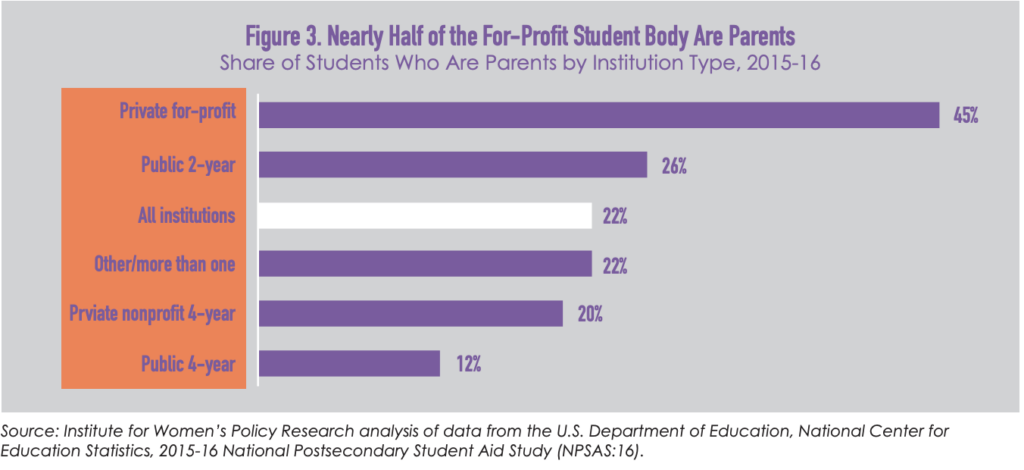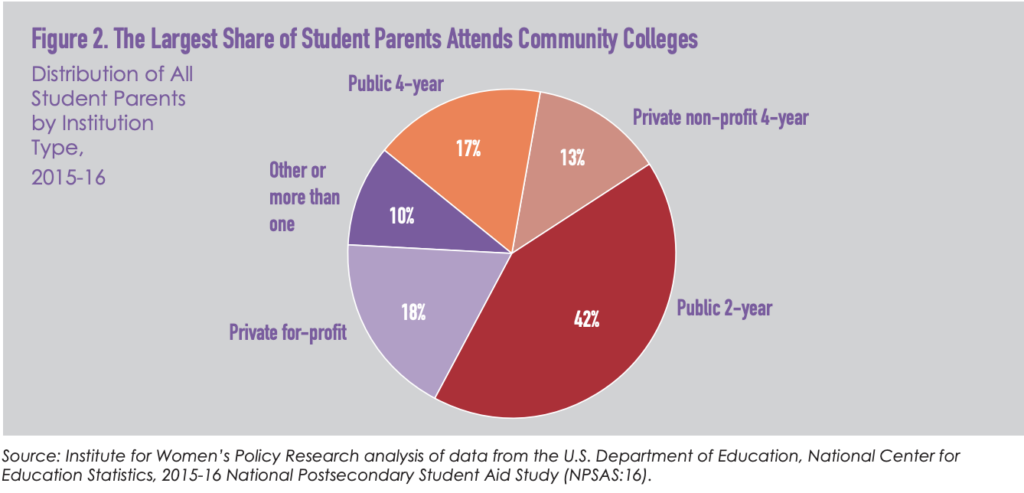During this summer, a team of students from MIT embarked on a journey to the sou …
North Carolina Legislator Introduces Bill to Support Graduation for College Students with Children
Carlos Changemaker

Approximately 25 percent of undergraduate students at universities and colleges are parents, but they face significant challenges in balancing their academic responsibilities with their family obligations. As a result, their graduation rates are considerably lower compared to students without children.
On Thursday, U.S. Rep. Deborah Ross (NC-02) and U.S. Rep. Lucy McBath (GA-07) introduced a bill aimed at addressing this issue. Representative Ross has been advocating for this cause throughout her career in politics.
“I have been working on this matter for many years,” said Ross, who previously served in the North Carolina General Assembly, during an interview with Newsline.
An analysis of data from the National Postsecondary Student Aid Study revealed that approximately 22 percent of all undergraduate students are parents. Private, for-profit institutions have an even higher percentage, reaching about 45 percent.
However, research demonstrates that a mere 2 percent of young women who become mothers as teenagers manage to obtain their undergraduate degrees before turning 30.

The proposed bill by Ross, called the “Understanding Student Parent Outcomes Act of 2023,” would mandate the collection of data by the U.S. Department of Education on the obstacles that prevent college students who are also parents or caregivers from graduating. The bill would also seek to identify best practices for improving the graduation rates of this specific student population.
“This is an issue that should transcend party lines,” Ross emphasized. “It affects women who become parents in their teenage years or twenties, regardless of political affiliation or geographic location. It is simply a part of life.”
Lower-income parents, in particular, face significant difficulties, as they struggle to cover basic expenses in addition to the costs associated with higher education. Many of them cannot afford childcare.
“Our aim is for higher education and community colleges to serve as pathways to improving people’s quality of life,” Ross stated. “But for those who are already economically disadvantaged and seek an education, the additional expense of childcare creates a significant burden.”
According to the National Center for Education Statistics at the U.S. Department of Education, the highest percentage of students with children attend community colleges.

As previously reported by Newsline, the Department of Education recently awarded federal grants to 34 colleges and universities, including two institutions in North Carolina, to support or establish on-campus childcare programs for low-income students.

An amount of $224,102 was awarded to UNC-Greensboro through the grant program, while Carteret Community College in Morehead City received $105,000.
“I strongly believe in the significance of campus childcare programs, as I have witnessed how they help parents with young children overcome barriers and pursue postsecondary education, thereby bringing the American Dream closer to families all over the country,” said U.S. Secretary of Education Miguel Cardona in a statement regarding the grants.
Last month, Wake Forest University revealed its plan to launch a childcare and early education center at its University Corporate Center, with the goal of opening it for the upcoming fall semester.
“Every student deserves equal access to education and the opportunities it brings. Unfortunately, the challenges posed by pregnancy or parenting often disrupt a student’s educational journey,” Ross commented. “The Understanding Student Parent Outcomes Act will enable us to identify these barriers and work towards closing the gap in graduation rates for student parents. This way, they can unlock a better and brighter future for themselves and their families. I appreciate the collaboration of Congresswoman McBath on this crucial issue and promise to continue supporting the education of all students.”
The bill is titled “Understanding Student Parent Outcomes Act of 2023.”


